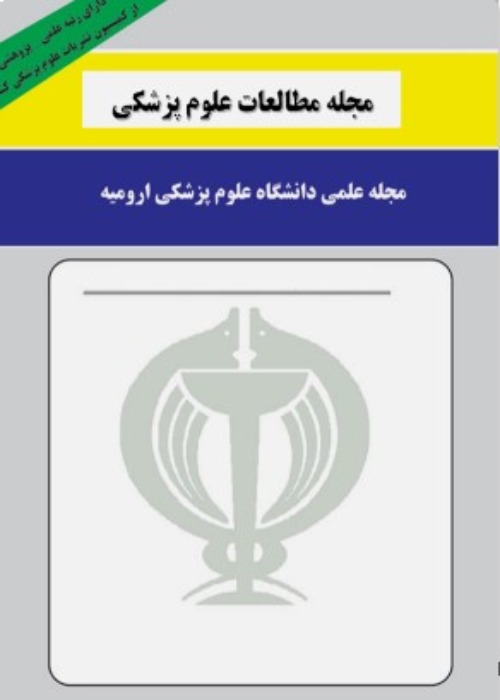Effectiveness of Emotion Efficacy Therapy on Internet Dependency and Negative Cognitive Emotion Regulation Strategies among Students Addicted to Internet: A Quasi-Experimental Design
Internet addiction is one of the most important problems of the human societies. The aim of this study was to investigate the effectiveness of emotion efficacy therapy on reducing internet dependency and negative cognitive emotion regulation strategies (self-blame, other-blame, rumination, and catastrophizing) among students addicted to internet.
Methods & Materials:
The research was quasi-experimental design with pre- and post-test and control group. The study population included all male students of state technical schools addicted to internet in year 2020 in Tabriz, Iran. In order to select the sample, one district from five educational districts was chosen and then a technical school was selected randomly. After that, the students possessing the inclusion criteria to the research were screened by Young’s Internet Addiction Test (YIAT20) and then 40 students were randomly assigned to either experimental or control group, each group consisting of 20 students. The experimental group received eight session emotion efficacy therapy whereas the control group received no intervention. For the collection of data, Young’s Internet Addiction Test (YIAT20) and Cognitive Emotion Regulation Questionnaire (CERQ) were used. The collected data were analyzed using multivariate analysis of covariance.
The results from the comparison of the post-tests of the groups indicated that scores of internet dependency (p<0.01), and negative cognitive emotion regulation strategies (self-blame (p<0.01), other-blame (p<0.01), rumination (p<0.01) and catastrophizing (p<0.01) (of experimental and control groups differed significantly. The analysis of data showed that emotion efficacy therapy reduced internet dependency and negative cognitive emotion regulation strategies (self-blame, other-blame, rumination and catastrophizing) among students addicted to internet.
Emotion efficacy therapy is one of the most recently developed approaches used to treat different psychological disorders. Taking into account the results of the present study, emotion efficacy therapy can be used to treat internet dependency and negative and maladaptive emotion regulation strategies such as self-blame, other-blame, rumination, and catastrophizing.
- حق عضویت دریافتی صرف حمایت از نشریات عضو و نگهداری، تکمیل و توسعه مگیران میشود.
- پرداخت حق اشتراک و دانلود مقالات اجازه بازنشر آن در سایر رسانههای چاپی و دیجیتال را به کاربر نمیدهد.





